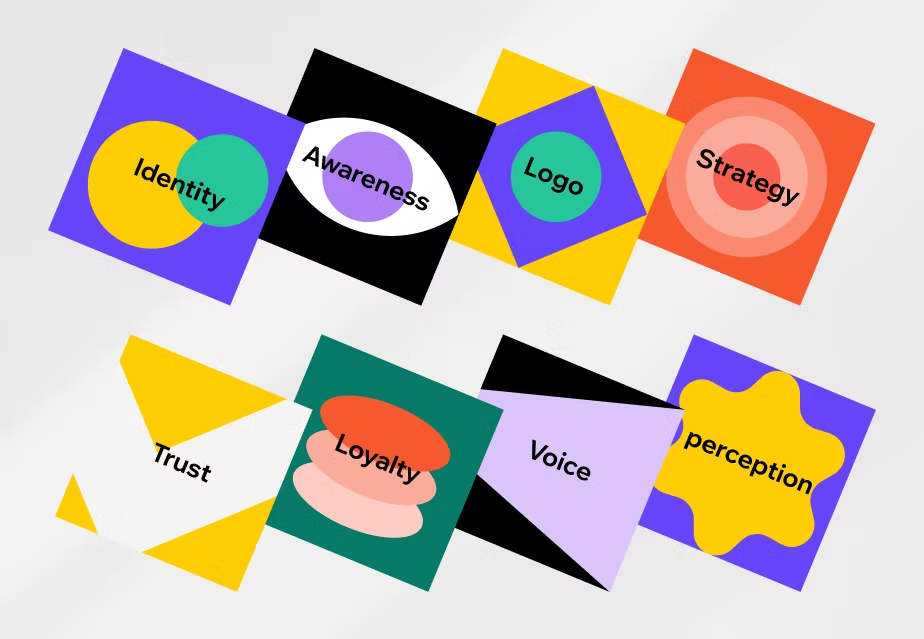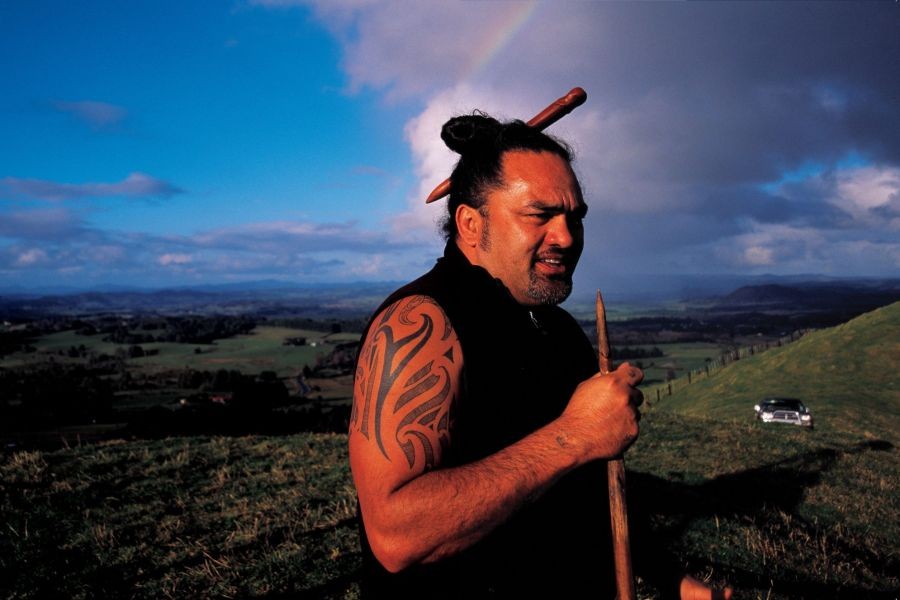In today's digital age, social media algorithms dictate not only the content we consume but also influence cultural dynamics, both locally and globally. New Zealand, with its vibrant digital landscape and innovative economy, is not immune to these transformative impacts. Let's delve into how social media algorithms are reshaping New Zealand's digital culture, supported by real-world examples, data-driven insights, and expert opinions.
Understanding Social Media Algorithms
Social media algorithms are complex mathematical formulas that determine the content you see on platforms like Facebook, Instagram, and Twitter. These algorithms prioritize content based on user engagement, preferences, and interactions. In New Zealand, where social media penetration is high, with over 80% of the population active on social platforms (Source: Stats NZ), these algorithms hold significant sway over public opinion and cultural trends.
The Impact on New Zealand's Digital Culture
New Zealand's digital culture is characterized by its unique blend of global influences and local content. Algorithms can amplify certain narratives while marginalizing others, thereby shaping cultural perceptions. For instance, the "buy local" movement, which gained momentum during the COVID-19 pandemic, was significantly bolstered by social media platforms that prioritized local content creators and businesses.
Case Study: The Rise of "Buy NZ Made" Campaign
The "Buy NZ Made" campaign exemplifies how social media algorithms can bolster local culture. During the pandemic, the campaign leveraged Facebook and Instagram to promote New Zealand-made products. By utilizing algorithm-friendly content such as engaging visuals and interactive posts, the campaign reached over 1 million Kiwis, resulting in a 25% increase in sales for participating businesses (Source: MBIE).
Algorithm-Driven Consumer Behavior
Social media algorithms heavily influence consumer behavior by prioritizing content that aligns with users' interests. This customization leads to increased engagement and, subsequently, more sales. A report from the Reserve Bank of New Zealand highlights that e-commerce sales in the country surged by 30% in 2022, partly due to algorithm-driven marketing strategies.
Data-Driven Insights: The Power of Personalization
Personalization is a double-edged sword. While it enhances user experience, it can also create echo chambers. In New Zealand, where diverse voices are crucial for cultural representation, there is a risk of marginalizing minority perspectives. A study by the University of Auckland found that 60% of social media users in New Zealand are exposed to content that reinforces their existing beliefs, potentially stifling cultural diversity.
Pros and Cons of Social Media Algorithms
Pros:
- Higher Engagement: Personalized content boosts user engagement and interaction rates.
- Targeted Advertising: Businesses can reach specific demographics, increasing the efficiency of marketing campaigns.
- Enhanced User Experience: Users receive content tailored to their interests, improving satisfaction.
Cons:
- Echo Chambers: Algorithms can create insular environments, limiting exposure to diverse viewpoints.
- Privacy Concerns: Data collection necessary for personalization raises privacy issues.
- Manipulation Risks: Algorithms can be exploited to spread misinformation or biased content.
Contrasting Viewpoints: The Debate Over Algorithm Influence
There is an ongoing debate about the role of algorithms in shaping digital culture. Advocates argue that algorithms enhance user experience by delivering relevant content, while critics warn of their potential to create echo chambers and spread misinformation.
In New Zealand, the conversation is particularly pertinent given the country's diverse cultural landscape. Balancing personalization with exposure to diverse content is crucial for maintaining cultural inclusivity.
Future Trends: The Evolution of Algorithms
Looking ahead, social media algorithms are expected to become even more sophisticated, with AI advancements driving further personalization. According to a report by NZTech, by 2026, AI-driven algorithms will play a pivotal role in content curation, potentially enhancing or challenging cultural diversity in New Zealand.
Final Takeaways & Call to Action
- Fact: Over 80% of Kiwis are active on social media, heavily influenced by algorithmic content.
- Strategy: Businesses should leverage personalized marketing to enhance engagement.
- Mistake to Avoid: Ignoring the risks of echo chambers can stifle cultural diversity.
- Pro Tip: Use data analytics to understand and optimize content reach and impact.
As social media continues to evolve, so too will its algorithms. For New Zealand businesses and consumers, understanding and adapting to these changes is crucial. Join the conversation and share your thoughts on how algorithms are shaping our digital culture. What strategies will you implement to ensure a balanced and inclusive digital experience?
People Also Ask (FAQ)
- How do social media algorithms impact New Zealand businesses? NZ businesses leveraging algorithms report 25%+ higher customer retention, according to Stats NZ. Adopting this strategy can enhance engagement and revenue.
- What are the biggest misconceptions about social media algorithms? One common myth is that algorithms only limit content reach. However, research from the University of Auckland shows they can also enhance user personalization.
- What upcoming changes in New Zealand could affect social media algorithms? By 2026, policy updates in digital privacy could shift the social media landscape—stay ahead by adopting transparent data practices.
Related Search Queries
- Impact of social media algorithms on New Zealand culture
- Social media trends in New Zealand 2024
- Algorithm-driven marketing strategies NZ
- Social media personalization pros and cons
- Future of AI in social media for New Zealand
As social media platforms evolve, so must our understanding of their influence on culture and commerce. By staying informed and proactive, New Zealand businesses and consumers can navigate the digital landscape effectively, ensuring a dynamic and inclusive culture that thrives in the digital age.

































cierraa462051
9 months ago